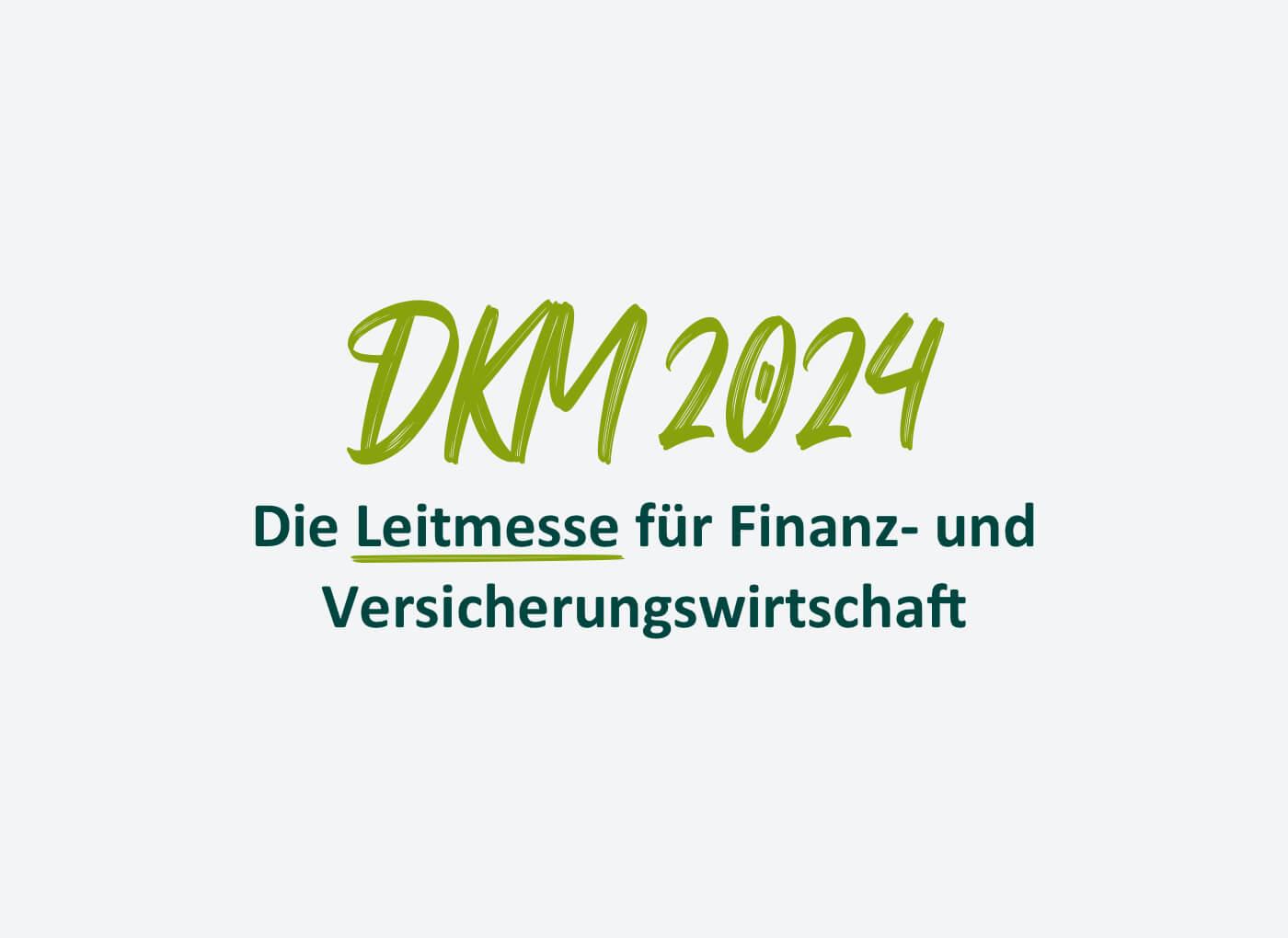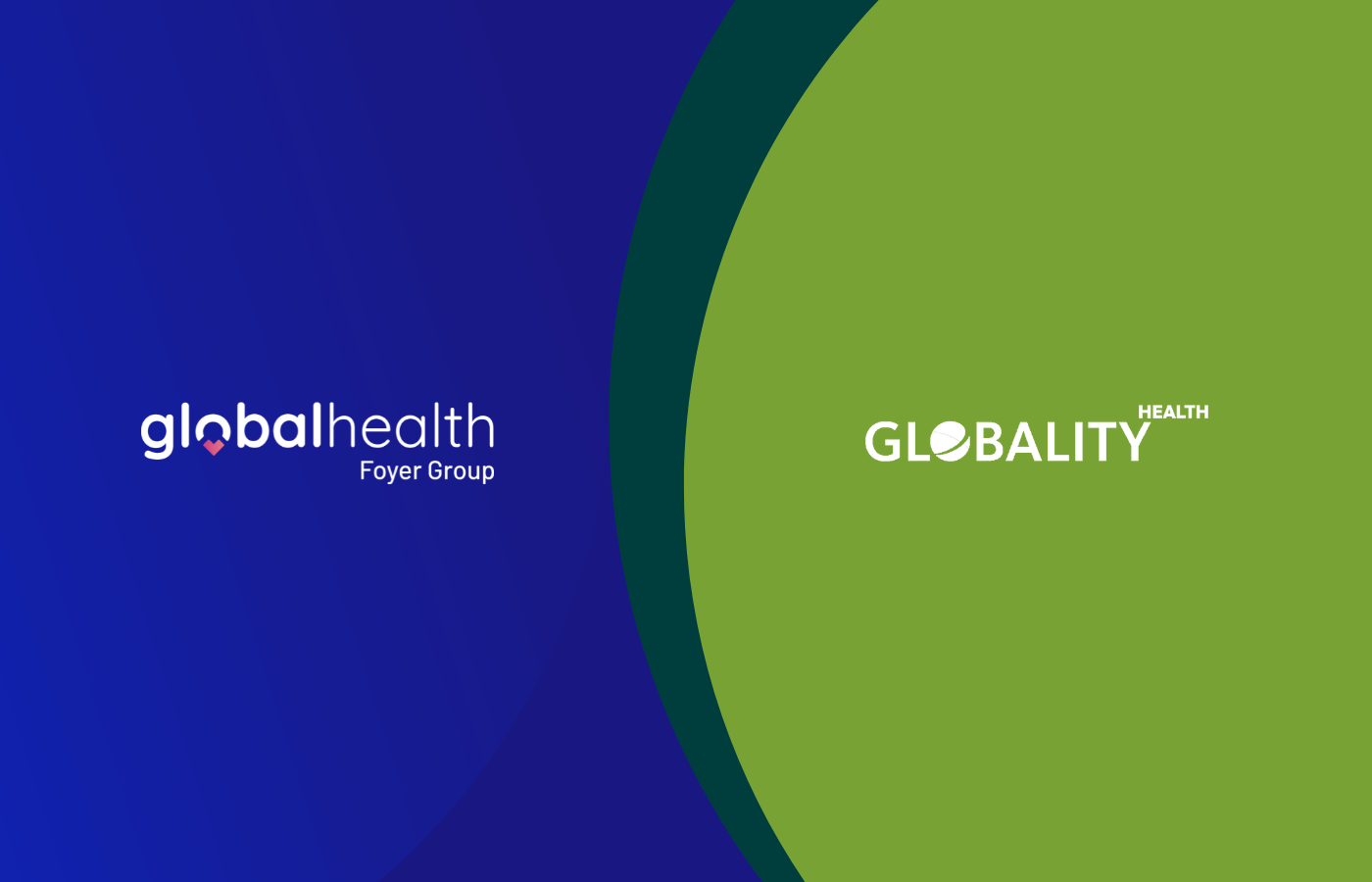
"What we lack is the courage to think big" – Interview with Frank Thelen
Technologies such as artificial intelligence, 3D printing, 5G and quantum computers will radically and permanently change the world of digital medicine. The current corona crisis will accelerate and advance digital medicine. Moreover, the relationship between Europe, China and the USA will be different after Covid 19. The founder and tech investor Frank Thelen sees our world as facing an age of exponential progress.
What does the global corona pandemic mean for the topic of digitalization?
“The topic of digitalization is finally experiencing an upswing. Although forced to do so, many companies are now looking intensively at how they can digitalize their processes. This is long overdue and the cause is of course very unpleasant, however we can be glad. After all, the change is happening and those who choose not to do so will lose touch with the upcoming revolution.”
The Corona crisis was also the hour of digital medicine. After Corona, what will happen to the digitalization of medicine?
“Hopefully the trend towards digital medicine will continue asthe risk of infection in the waiting rooms of our medical practicesis possible not only during pandemics. Naturally personal contact with the doctor is still necessary in many cases, however the digital consultation hour is a useful addition. It also makes sense to collect and use anonymous patient data in order to find the right therapy more quickly to be able to react faster and better should anotherpandemic occur. Such data is valuable and can save human lives.”
Which country has so far managed the pandemic best with digital means?
“No country has yet managed the pandemic; it is an ongoing health and economic challenge, the outcome of which is not yet clear. One can only speculate who has made the right decisions. As for the use of digital means: the Spanish police are using drones to monitor compliance with distance regulations, in Singapore they use robot dogs from Boston Dynamics to do this, thatinform citizens immediately if they are too close together. One mayargue how far a country should go, however with the current situation the use of such technologies may be favoured for the common good.”
Our lives are becoming more sustainable, efficient and safe:
“Our mobility will very soon become much more sustainable and efficient, as we become completely emission-neutral we will also travel faster. This will be possible by innovative mobility concepts such as the air taxi or the hyperloop. At the same time, it will be safer to travel from A to B in the future, since the advent of autonomous driving will gradually eliminate the biggest source of error: the human being. Our food could also become much more sustainable and efficient in the future. Numerous companies have already specialised in the production of meat from the laboratory and have successfully created the first prototypes ofsteaks and chicken. In the future bringing better care to our animals.”
Will Europe be competitive with China and the USA? What would be Europe’s USP?
“Europe still has high-quality universities, outstanding engineers and currently the necessary capital to make a difference in some of the emerging fields. Our USP is thevery strong community of Europe. If we were to join forces towards a common goal, we would certainly achieve it.”
Talking mainly about the next 10 years. What is the future of digitalisation in 2050?
“It is very difficult to make a prediction for the year 2050. As described in the book, technologies are developing exponentially, whereas people think of progress as linear. That’s why so many people still can’t comprehend that in a few years’ time we will be travelling in air taxis and self-propelled cars. By 2050, quantum computers could have made their breakthrough, which will open up completely new possibilities in the field of synthetic biology and materials research. This much can be said: It remains exciting and we can look forward to the future that lies ahead!”
- More about Frank Thelen: frank.io






